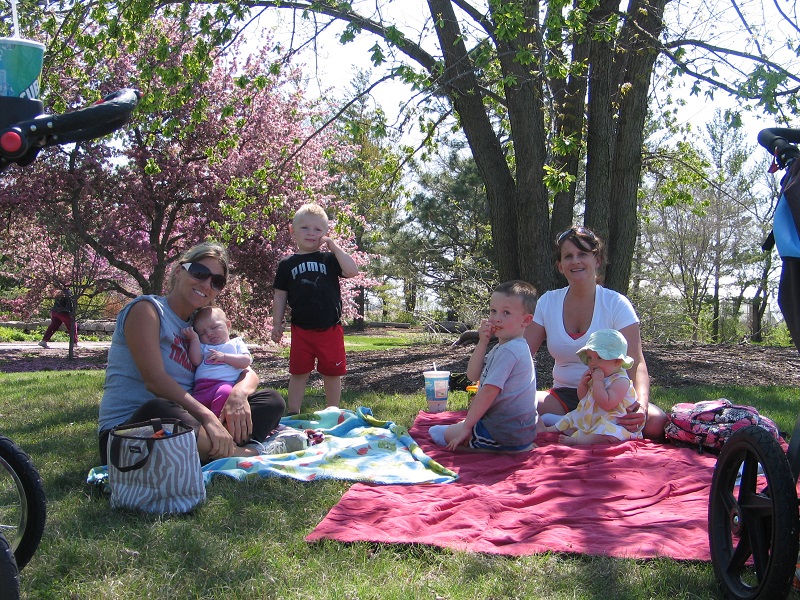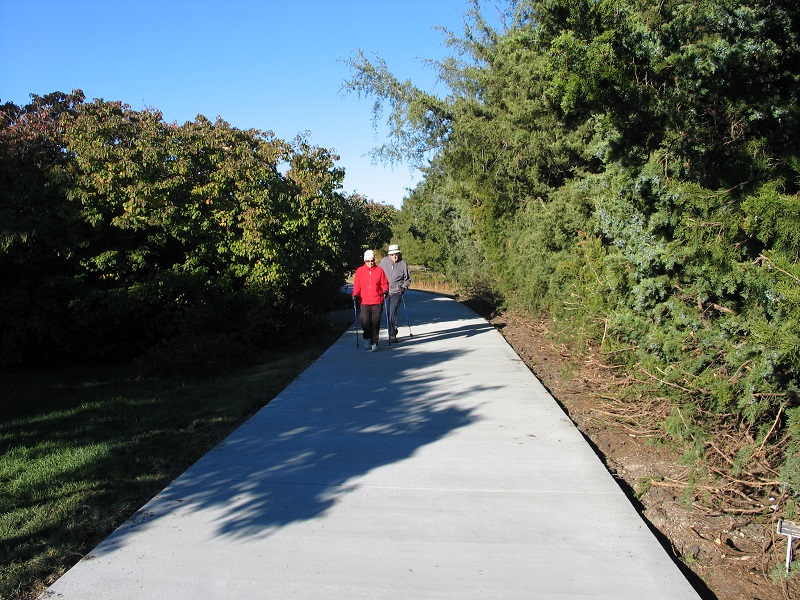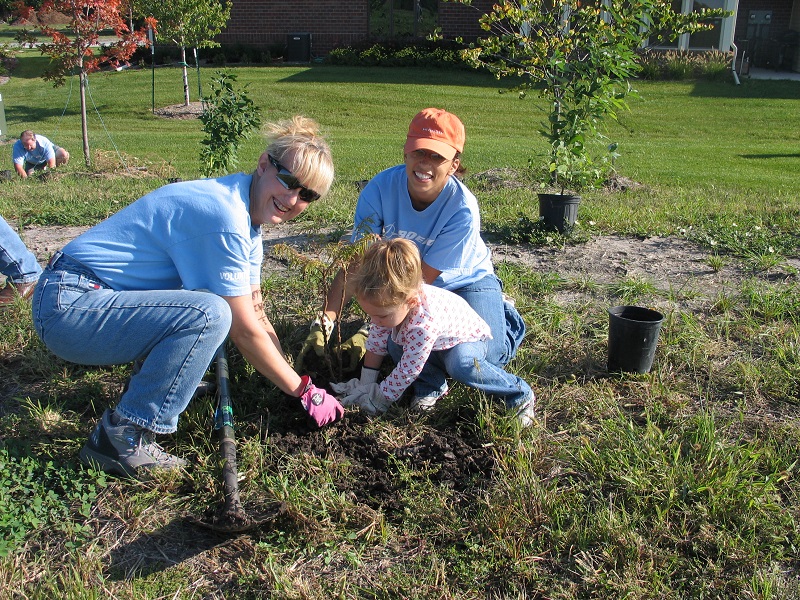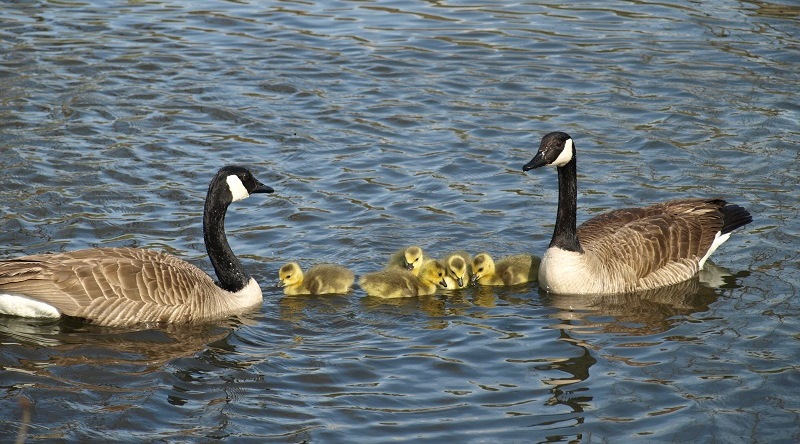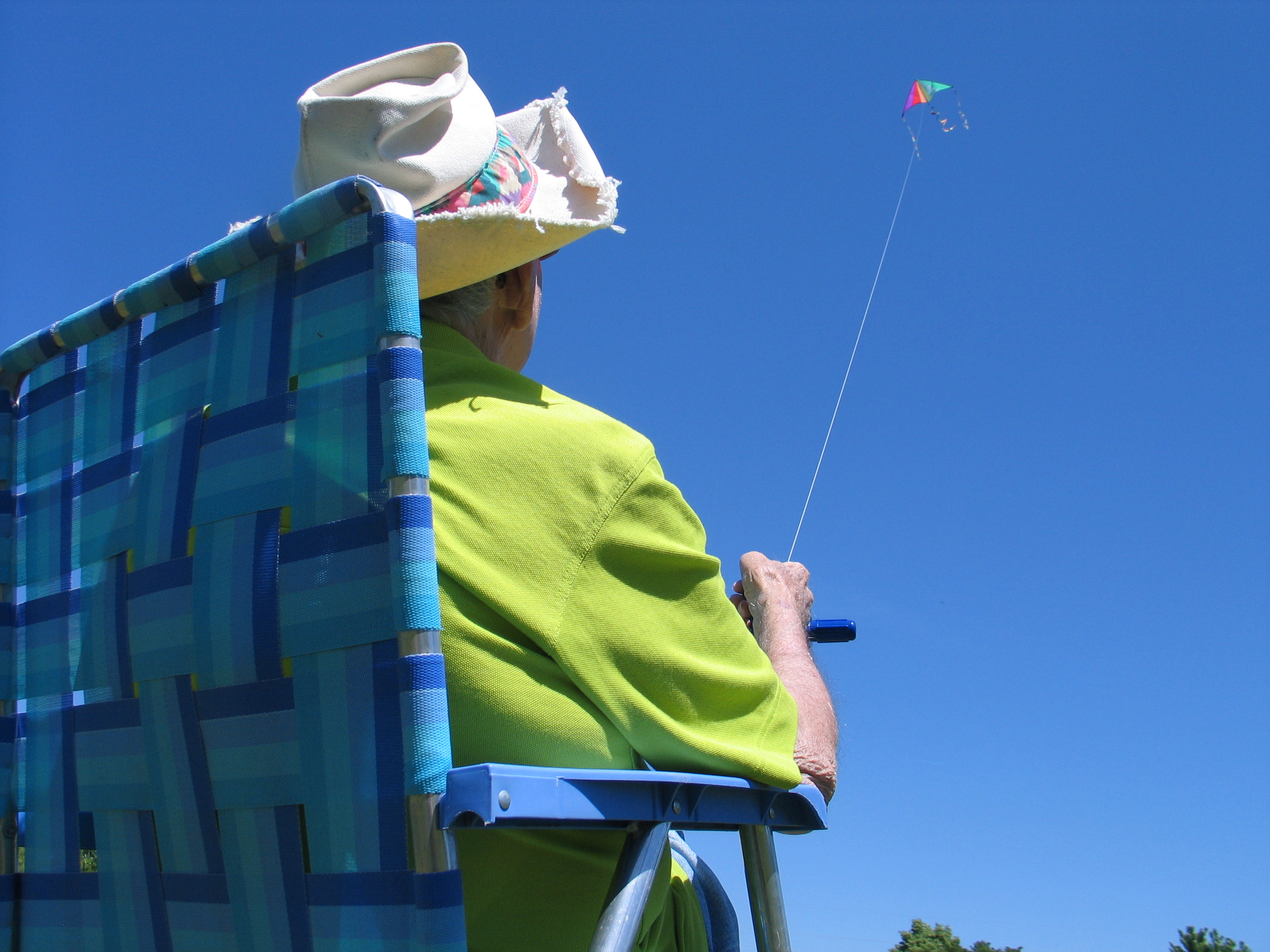There is a growing field of study among doctors and researchers on the positive effects nature has on us both physically and mentally. Ecotherapy is the name given to a wide range of treatment programs that aim to improve your well-being by participating in outdoor activities in nature. Spending time outside on a walk or listening to the birds in the trees, taking in the grandeur of the mountains or the beauty of a flower in your garden or the scent of dewy petrichor after an afternoon rain have healing qualities.
As we have fewer and fewer encounters with nature and spend more and more time busily working or glued to our electronic devices, the world is passing us by. We are missing out on these connections that we know are important, but do not make time for in our busy schedules. The need for time in nature is so great that some doctors are writing prescriptions for time outdoors. No really – THEY ARE!
Richard Louv in his 2005 book, Last Child in the Woods, coined the phrase “Nature Deficit Disorder,” which describes what happens to people who don’t spend enough time outdoors. This book was one of the motivations to start the Arboretum’s Earth Partnership for Schools program that exposes school children to nature, particularly the prairie. According to Louv, children who have these regular up-close, hands-on encounters with nature are less likely to suffer childhood obesity, depression and attention deficit hyperactivity disorder (ADHD) and are more likely to improve academic performance.
Developing a connection with nature and environmental understanding are fundamental to the psychological and physical health of children. Like kids, adults also need to have these connections. Research shows that people are attracted to and feel restored by elements from nature such as running water, grasses moving with the gentlest breeze, open green spaces, forest trails, birds, butterflies, and other nature-based experiences.
I am not a doctor and I know that for many people with chronic mental and physical illnesses, much more than a stroll in the park is required for treatment. However, I know for me, on some days even a short walk during a stressful time can change my perspective and mood. Try it!
In the New Year, let’s be more intentional about our outdoor experiences. Intuitively, we know that it’s helpful to our well-being. What is holding you back? Here are some great ways to encounter nature:
- Take your dog for a walk in a park or on a nature trail (please clean up after your dog!)
- Find a quiet spot outdoors and spend some time in meditation and journaling. The slower pace and time of reflection can reduce stress and anxiety.
- Go feed the ducks, turtles or geese
- Spend time outdoors doing exercise and stretches to improve flexibility and improve your sleep.
- Design and plant a wildlife habitat garden. Be sure to plant a manageable space that you can enjoy.
- Go fly a kite!
- Sit around the fire pit and roast s’mores while visiting with friends.
- Plant a vegetable garden.
- Visit a National Park this year.
The bottom line: nature is good for what ails us. Time outdoors calms us, brings balance into our lives and connects us to the world around us. What better reasons could there be to intentionally spend more time outside this year? Open the door and go for a walk!

